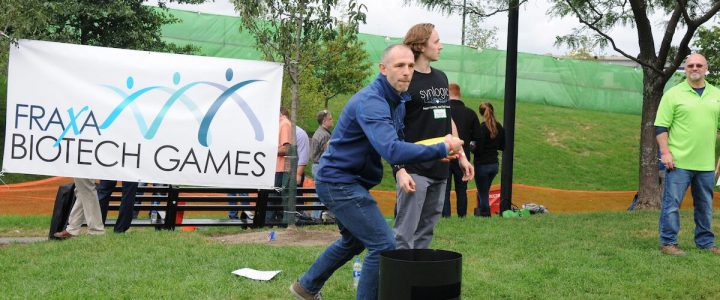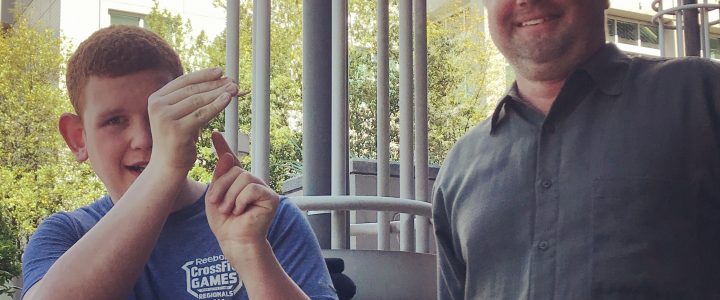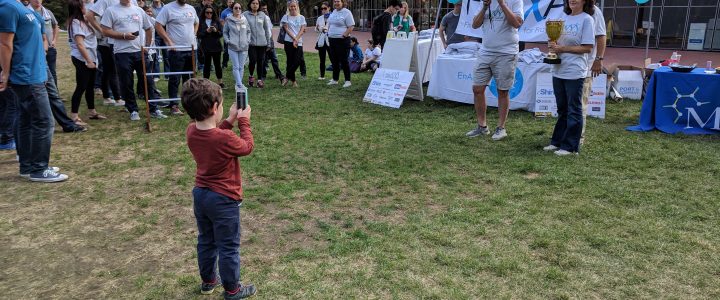On September 20, 2018, FRAXA Research Foundation held the First Annual FRAXA Biotech Games™. The event was a “friendly” competition between greater Boston biotech companies and affiliated industry partners and vendors in a series of fun backyard lawn games. 42 teams of 4 players each played cornhole, KanJam, ladder golf and bucketball. Our goal was to establish an annual event in Cambridge, MA, that would unite the biotech community for an afternoon of fun competition, and raise money for biomedical research. We look forward to the upcoming Biotech Games!
Read moreSearch Results
FRAXA Biotech Games™ 2020 Won by Ginkgo Bioworks

FRAXA Biotech Games brought together the biotech community to network in a friendly setting, form new relationships and potential collaborations while raising money for a great cause! Teams competed for the Cup and for camaraderie, bragging rights, and company pride.
Read moreFRAXA Biotech Games, It Can Only Happen in an Open Community

The FRAXA Biotech Games exploded onto Cambridge Crossing with a capacity crowd. What was immediately obvious was the genuine camaraderie and mutual support of the biotech community and its many vendors to help raise awareness of and funds for research on Fragile X, the most common inherited cause of autism and intellectual disabilities.
Read moreA Day in the Lab with FRAXA Investigator Dr. Tue Banke

Recently Laurie Bowler and her 19-year-old son Casey, who has Fragile X syndrome, visited FRAXA research grant recipient Dr. Tue Banke at his University of Washington laboratory. We hope you enjoy Laurie’s wonderful description of their adventure! FRAXA awarded $90,000 to Dr. Banke to study the Developmental Profile of Glutamatergic Synapses in Fragile X.
Read moreOvercoming the Placebo Effect in Fragile X Clinical Trials

In a placebo-controlled clinical trial, some participants are given an experimental medication, while others are given a placebo. Participants do not know whether they are taking medicine or placebo. In theory, this can allow researchers to rule out the placebo effect by comparing outcomes among the two groups. But, per Wexler (2020) “having a strong placebo effect can obscure any real effect of the therapy being investigated”.
Read more
